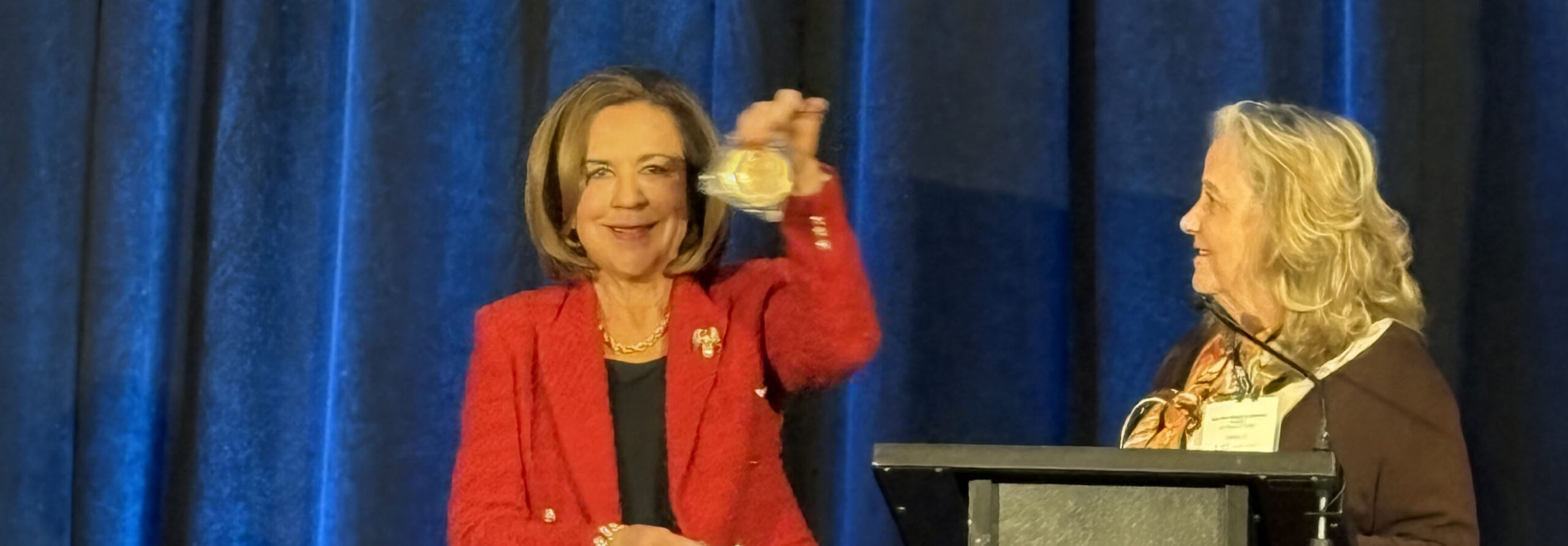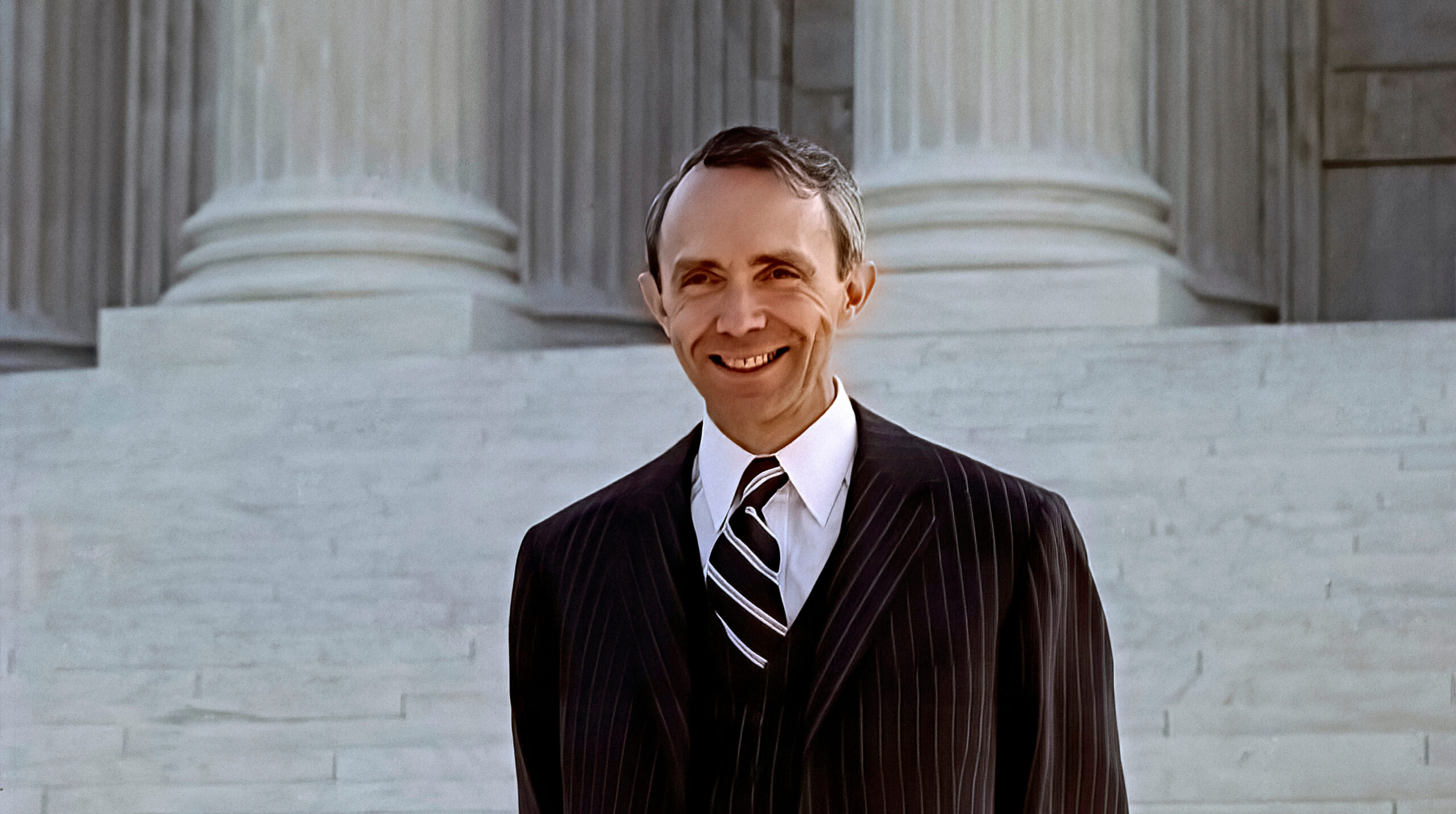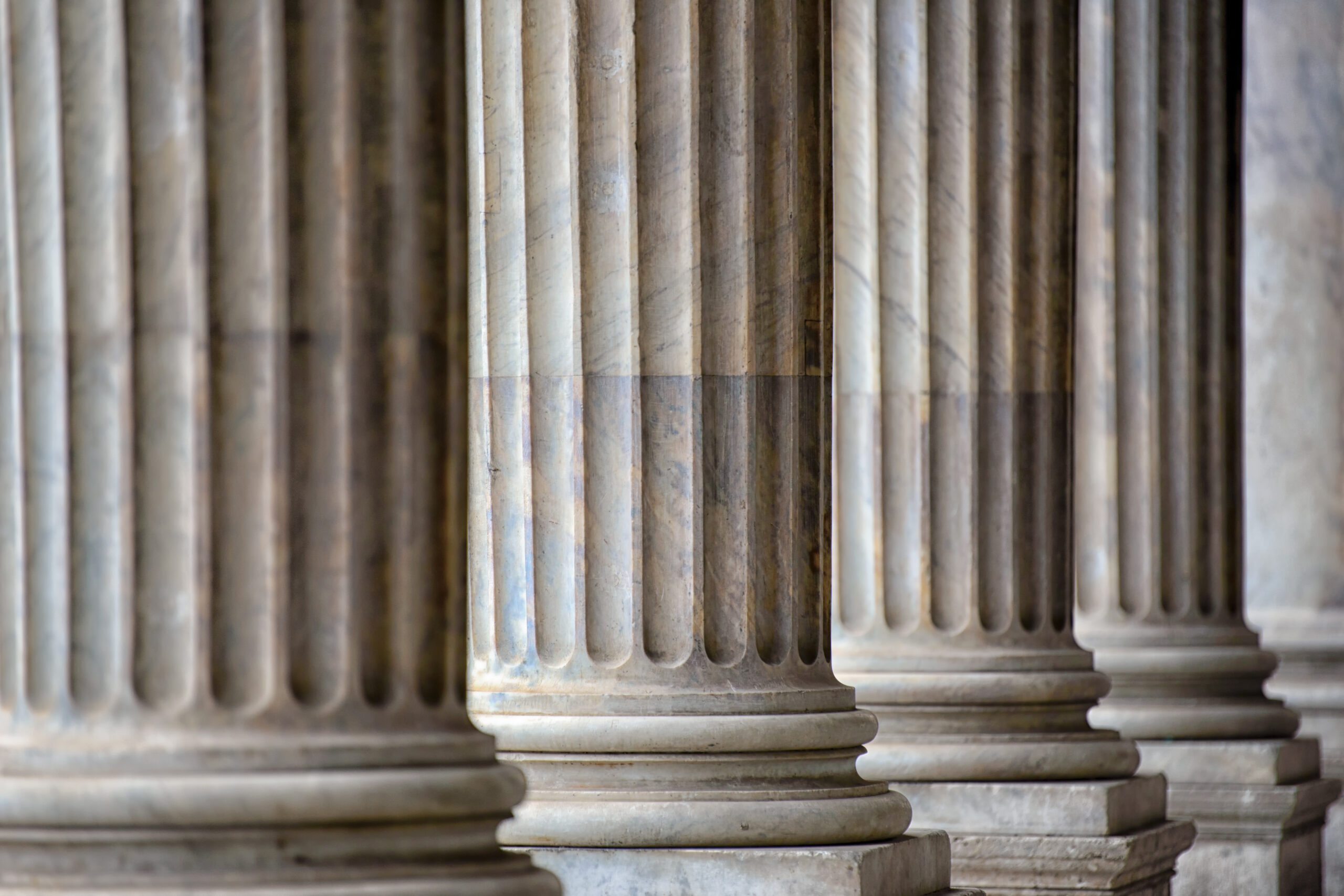

More than two out of three judges surveyed say they had no formal judicial education before they took the bench, leading many to call the beginning of their careers a baptism under fire.
January’s Question of the Month to NJC alumni asked, “Did you receive formal judicial education before you heard your first case?” Nearly 730 judges responded, and 68 percent said no.
Many fields—medicine, law enforcement, even cosmetology—require some level of training before being allowed to practice. The judiciary, however, is a mixed bag. Some states require judges to attend “new judge school” or an “orientation.” Others have no judicial education prerequisites, and there is no “judging” major or track in law school.
“I didn’t [have any formal judicial education] other than, ‘Here’s your robe, here’s your courtroom, now go preside over your first felony jury trial on your second day,’” one judge commented.
More than 250 judges left comments on the emailed survey, the vast majority in anonymous fashion. Many described trying moments during their first day or trial, such as a judge who heard a case within an hour of being sworn in. The judge recalled whispering to the clerk during the trial, “What do I do now?”
Another told of nearly tripping on his or her robe and then forgetting how to swear in a witness. “The silence was deafening,” wrote the judge.
A third said that on Day 1 as a judge, he or she had barely a moment with a case file before having to preside over what turned into a vehicular homicide jury trial lasting five days.
Standards for judicial education vary widely by jurisdiction.
One tribal judge wrote of being surprised to learn of having become the first tribal judge ever to attend a new judge orientation class in the judge’s state.
Military judges described the rigorous Military Judge Course at the Judge Advocate General’s Legal Center and School, a three-week course for new judges. The capstone exercise is presiding over a mock trial and being graded by a sitting judge.
Some judges noted that meager funding limited opportunities for judicial education. For instance, some states no longer allow their judges to travel out of state for such coursework.
Some judges who took the bench with no prior judicial education said they received some shortly thereafter. Most states send judges to a practical training program—often affectionately referred to as “baby judge school”—within a year of taking the bench.
Some judges said they actually preferred having this gap. It gave them time to discover what they didn’t know and areas in which they needed to improve. Other judges who didn’t want to wait for their state’s training enrolled in NJC courses for new judges, such as General Jurisdiction.
Others said they felt prepared to be a judge even without prior judicial education. They relied on their experiences as a lawyer or had learned from a judge before whom they’d practiced. Some had job-shadowed the judge they were replacing. Others relied on bench books and guidelines, which one judge referred to as the “judge in a box.”
“(But) being a lawyer is nothing like being a judge,” objected one judge. “An entirely different skill set is required. Transitioning from an advocate to a neutral takes a lot of thought, preparation and understanding that a new judge, without the experience of judging, only gets through judicial training.”
* Each month the College emails an informal, non-scientific, one-question survey to its more than 12,000 judicial alumni in the United States and abroad. The results are summarized in the NJC’s monthly Judicial Edge newsletter and are not intended to be characterized as an official academic report.

The National Judicial College has awarded Missouri Supreme Court Judge Mary Russell with the Sandra Day O�...

Emeritus Trustee Bill Neukom (left) with former Board of Trustee Chair Edward Blumberg (right) at the NJC 60...

The National Judicial College, the nation’s premier institution for judicial education, announced today t...

The National Judicial College (NJC) is mourning the loss of one of its most prestigious alumni, retired Uni...

As threats to judicial independence intensify across the country, the National Judicial College (NJC) today...